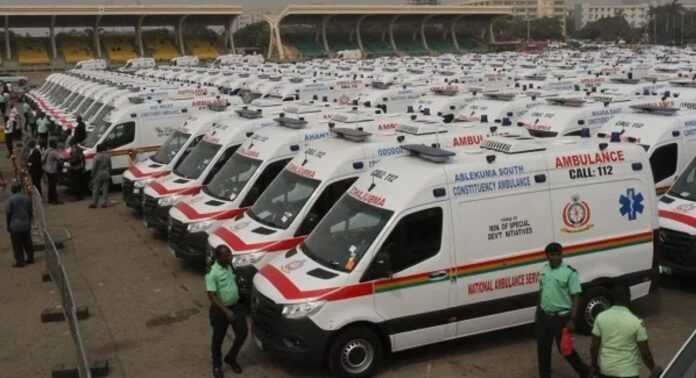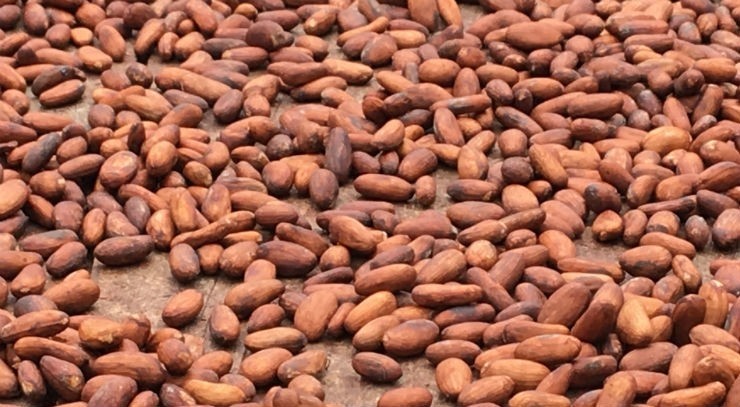Ghana’s cocoa industry received a significant boost last year, with the Ghana Cocoa Board (COCOBOD) investing nearly a billion cedis to revitalize aged and diseased cocoa farms.

This strategic move aims to enhance national production in the short to medium term.
COCOBOD’s CEO, Joseph Boahen Aidoo, emphasized the initiative’s importance in sustaining cocoa production and farmers’ livelihoods.
He expressed confidence in exceeding 800,000 metric tons of cocoa production in the upcoming 2024/25 season.
Addressing recent media reports, Aidoo clarified that COCOBOD’s administrative expenses, which rose to GH¢3.4 billion, were primarily allocated towards rehabilitating farms, nurturing seedlings, and supporting farmers. This investment led to increased administrative costs.
Deputy CEO Ray Ankrah highlighted the misleading nature of reports suggesting excessive spending at COCOBOD’s head office.
He pointed to the audited accounts, which reveal GH¢943 million was dedicated to productivity enhancement programs, including farm rehabilitation.
Ankrah attributed the one-off expenditure to a loan from the African Development Bank, emphasizing that administrative costs would have decreased without this investment.
He stressed the necessity of rehabilitating cocoa farms to combat the swollen shoot virus disease and sustain the sector.
Aidoo noted that COCOBOD is working to revive cocoa production, affected by extreme weather conditions and the COVID-19 pandemic.
He assured farmers of timely input supplies and initiatives like hand pollination, pruning, and irrigation to increase production and attract youth to cocoa farming.
COCOBOD’s financial turnaround, with a GH¢2.3 billion profit last year, demonstrates its commitment to supporting farmers and the sector.
The board is dedicated to implementing prudent measures to sustain this growth.
COCOBOD’s efforts focus on enhancing cocoa production, farmers’ livelihoods, and the sector’s overall sustainability, aligning with the government’s commitment to improving farmers’ welfare.
























































![[FREE FREE MONEY] Predict and Win a Guaranteed GH¢200 From Us EVERY WEEK](https://wordpress.ghanatalksradio.com/wp-content/uploads/2022/02/Predict-and-Win-Final-09-03-2021-218x150.jpg)
![[Predict & Win – 8th/Oct.] WIN A Guaranteed ¢200 From Us This Week](https://wordpress.ghanatalksradio.com/wp-content/uploads/2021/10/maxresdefault-16-218x150.jpg)
![[Predict & Win – 2nd] WIN A Guaranteed ¢200 From Us This Week](https://wordpress.ghanatalksradio.com/wp-content/uploads/2021/09/maxresdefault-50-218x150.jpg)
![[Predict & Win – 25th] WIN A Guaranteed ¢200 From Us This Week](https://wordpress.ghanatalksradio.com/wp-content/uploads/2021/09/maxresdefault-36-218x150.jpg)
![[Predict & Win – 18th] WIN A Guaranteed ¢200 From Us This Week](https://wordpress.ghanatalksradio.com/wp-content/uploads/2021/09/maxresdefault-23-218x150.jpg)






![[National cathedral] See full list of churches that have contributed since 2018](https://wordpress.ghanatalksradio.com/wp-content/uploads/2020/09/Ghana-National-Cathedral-GhanaTalksRadio-100x70.jpg)



